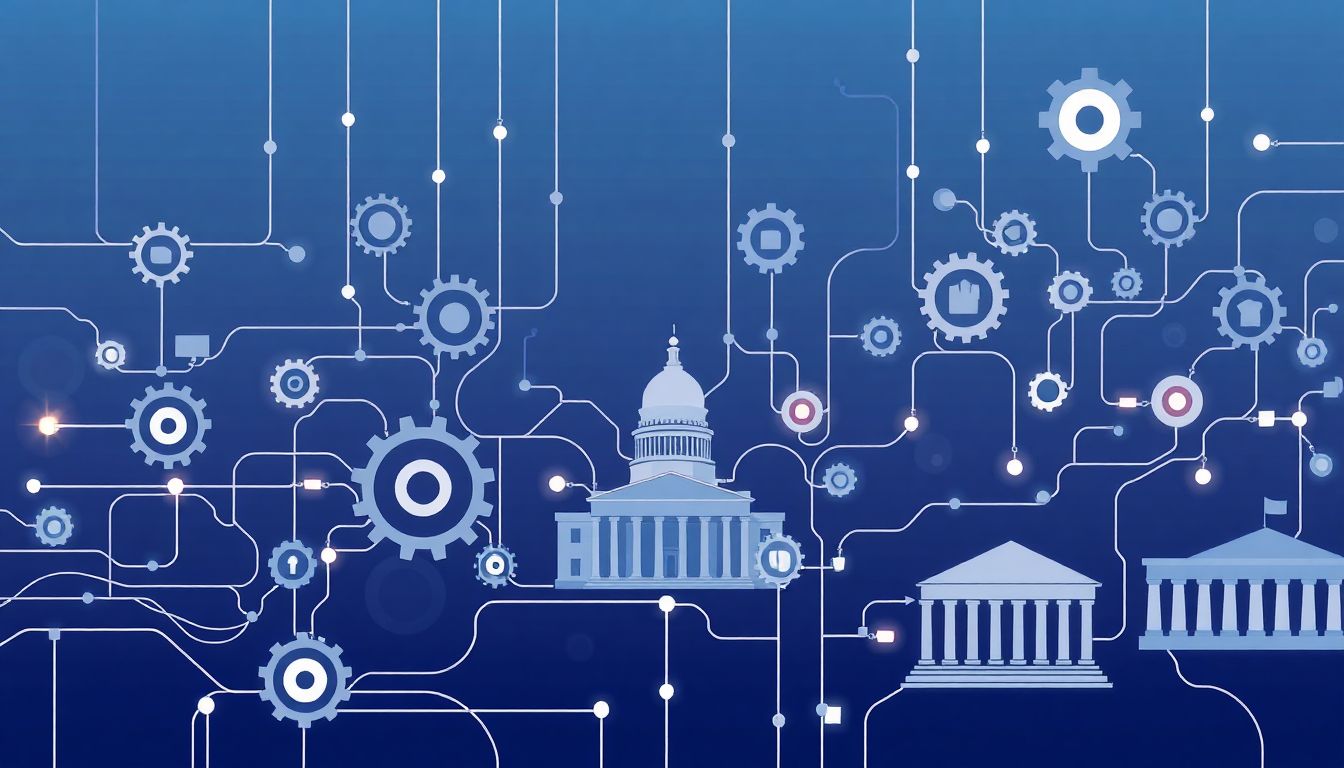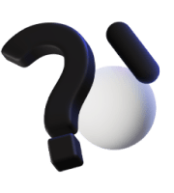Understanding Government: A Comprehensive Guide
What is Government? Defining the Concept
Government is the system or group of people governing an organized community, often a state. It’s the way in which rules are created, enforced, and followed. Simply put, government shapes the framework of our society by establishing laws, facilitating order, and providing public services.
The Role of Government: Maintaining Order and Providing Services
Governments play crucial roles in society, which include:
- Maintaining Order: Ensuring laws are followed and disputes are resolved.
- Providing Services: Offering public goods like education, health care, and transportation.
- Protecting Rights: Upholding the rights of citizens and safeguarding liberties.
Types of Governments: From Democracy to Autocracy
Governments vary widely around the globe. Key types include:
- Democracy: Power lies in the hands of the people, typically through elected representatives.
- Autocracy: A single person or group holds complete power.
- Oligarchy: A small group controls the country, often for corrupt or selfish purposes.
Key Functions of Government: Legislation, Execution, and Justice
The government functions through various branches:
- Legislative: Creates laws.
- Executive: Enforces laws.
- Judicial: Interprets laws and settles disputes.
The Origins and Evolution of Government
Early Forms of Government: Tribes and City-States
Early societies were organized into tribes, where leaders made decisions. As populations grew, city-states emerged with more structured governance.
The Development of Modern Governments: Nation-States and Globalization
Government evolved into nation-states, where centralized authority became critical. Today, globalization is reshaping how countries interact, influencing policies and governance.
Historical Examples: Ancient Rome, The British Empire, and the USA
- Ancient Rome: Known for its complex governance and legal system.
- British Empire: Demonstrated the impact of colonialism on global governance.
- USA: Established a unique democratic system influencing many modern governments.
Structures of Modern Governments
The Legislative Branch: Making Laws and Policies
Laws are formulated by the legislative branch, which can be either bicameral (two chambers) or unicameral (one chamber).
Bicameral vs. Unicameral Legislatures: A Comparison
- Bicameral: Allows more thorough debate; examples include the US Congress.
- Unicameral: Simpler and faster law-making process.
Case Study: The US Congress
Comprising the Senate and House of Representatives, the Congress plays a vital role in creating federal laws.
The Executive Branch: Implementing Laws and Policies
The executive is responsible for running the government and enforcing laws.
Presidential vs. Parliamentary Systems: Key Differences
- Presidential: The president is separate from the legislative body, typical in countries like the USA.
- Parliamentary: The executive derives its legitimacy from the legislature, as seen in the UK.
Case Study: The UK’s Prime Minister and Cabinet
The Prime Minister leads the government, forming a cabinet responsible for different sectors.
The Judicial Branch: Interpreting Laws and Upholding Justice
The judicial system ensures laws are applied fairly.
Judicial Review: Its Role and Impact
Judicial review allows courts to evaluate laws against constitutional standards, influencing significant policy decisions.
Case Study: The Supreme Court of the United States
The Supreme Court interprets the Constitution, shaping American law and society.
The Role of Government in the Economy
Fiscal Policy: Taxation, Spending, and Debt
Fiscal policy addresses how governments manage their revenue and spending.
The Impact of Government Spending on Economic Growth
Government spending can stimulate economic growth, especially during downturns.
Statistics on National Debt Levels
Understanding national debt is critical; it informs policies on spending and taxation.
Monetary Policy: Controlling Inflation and Interest Rates
Monetary policy regulates the economy by managing inflation and interest rates.
The Role of Central Banks
Central banks control the money supply, influencing economic stability.
Data on Inflation Rates and Interest Rates
Monitoring these rates helps assess economic health and guide policy decisions.
Government Regulation: Protecting Consumers and Businesses
Regulations help maintain fair practices in the market.
Antitrust Laws and Their Enforcement
Antitrust laws prevent monopolies, ensuring competition and consumer choice.
Case Study: The Impact of the Deregulation of the Airline Industry
Deregulation led to increased competition but raised questions about safety and service quality.
Citizens and Their Relationship With Government
Citizen Participation: Voting, Protesting, and Advocacy
Citizens play a key role in democracy through voting and advocacy.
Voter Turnout Statistics in Different Countries
Engagement levels vary worldwide, influencing government accountability.
Case Study: The Civil Rights Movement in the USA
This movement illustrated how citizens could drive change through activism.
Rights and Responsibilities of Citizens
Citizens have both rights and duties.
Freedom of Speech and Its Limitations
While free speech is vital, it is not absolute; restrictions exist to ensure public safety.
The Importance of Civic Engagement
Active participation fosters a responsive and accountable government.
Holding Government Accountable: Transparency and Oversight
Governments must operate transparently to maintain trust.
Freedom of Information Acts and Their Impact
Access to information allows citizens to monitor government actions.
Mechanisms for Government Accountability
Checks and balances are essential for preventing abuse of power.
The Future of Government
The Impact of Technology on Governance: E-Government and Online Services
Technology is transforming government operations, making services more accessible.
Addressing Global Challenges: Climate Change, Pandemics, and Poverty
Governments face new challenges, requiring international cooperation and innovative solutions.
Trends in Governance: Decentralization, Participatory Democracy, and Technocracy
Future governance may shift toward decentralized structures and greater citizen involvement.
Conclusion: Key Takeaways and Actionable Steps
Understanding government is vital for active citizenship. Engage with local and national issues to make a difference. Stay informed about government activities, as knowledge empowers you to influence policies effectively.
- Understanding your Government: Know your rights and obligations.
- Engaging with your Government: Participate in the democratic process.
- Staying Informed about Government Activities: Follow news and community discussions to remain engaged.


